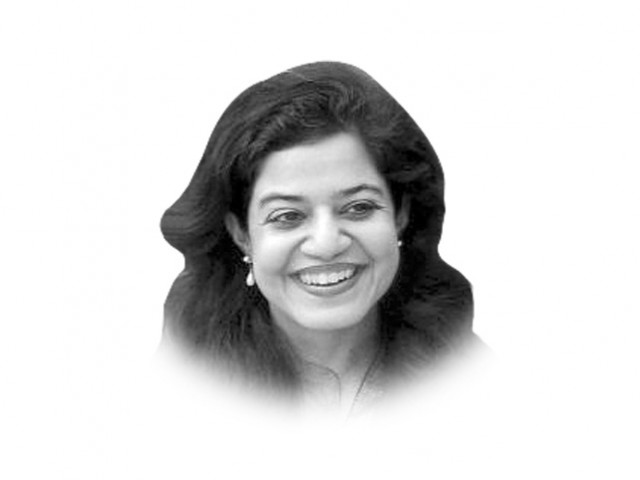A road much travelled — II
Then, as now, events in Peshawar seemed to be held hostage by the tribal belt, which were masters unto their own.

According to Mr Abidi’s research, despite the apparent vexation of the locals at the influx of Afghans, foreigners were not new to Peshawar. Throughout its 2,000 year history, invaders coming through the Khyber Pass as well as from other parts of the subcontinent — Punjabis, Uttar Pardeshis, Bengalis, Hindus and Sikhs — had come to the city for trade and had remained there for its charms. It was only natural therefore that neither the culture of the city was strictly Pathan nor its language Pashto. Peshawaris traditionally spoke Hindko, which like Urdu is an amalgamation of several languages, going so far as to absorb several words of English. In fact, Peshawar’s very name is foreign: it is a variant of the Prakrit name ‘Pushup-pur’ or city of flowers, given to it during the reign of Kanishka. Makes me wonder how different the Kushan city would have been to its present rugged, dusty and violent avatar.
(Read: Place Names - II)
Continuing his journey through the Peshawar valley, Mr Abidi notes the famous Bala Hissar Fort, which stands sentinel to the city. In 2004, when I visited it, the fort housed a small museum, which was open to the public. However, the major part of the fort was occupied by the Pakistan Army. Next is Nowshehra, where in the late 1800s, the Sikh army of Maharaja Ranjit Singh, that original lion of Punjab, had routed the valiant Pathans and assumed control of the area. After Nowshehra comes Attock, which marks the spot where Mughal Emperor Akbar’s caravan was forced to halt on the banks of Indus, hence the name, which in Urdu simply means ‘stuck’! Attock Fort, perched atop a hill, must provide a fascinating view of the merging waters of rivers Kabul and Indus. The fort itself, which in the past has witnessed the rise and fall in the fortunes of the Afghan, Mughal, Sikh and British armies, is now under Pakistani control and serves as a prison, usually for political prisoners.
The next place of interest along the road is Hasan Abdal. For most Pakistanis the town is synonymous with the cadet college located there, which is perhaps still one of the foremost educational institutions for men in the country. The town, however, has an entirely different significance for Sikhs: legend has it that it was here that Baba Wali Qandhari had rolled a large rock from the top of the hill which Baba Guru Nanak had stopped at the bottom with the palm of his hand. So great was the impact, that Guru Nanak’s palm became imprinted on the rock and subsequently his devotees built Gurdwara Panja Sahib to mark the spot. Whenever relations between Pakistan and India permit, Sikh pilgrims cross the border to pay homage at this holy site. Those who are unable to do so perhaps still yearn silently for its blessings just as many Muslims do for shrines on the other side of the divide.
Although Mr Abidi does not speak of it, I find myself thinking of the personal tragedies this area must have witnessed during Partition due to the proximity in which Muslims, Sikhs and Hindus lived with each other in these parts. The particular plight of citizens of Hasan Abdal is perhaps most poignantly captured in Sabiha Sumar’s excellent 2003 Pakistani/German/French production, Khamosh Pani, in which Kirron Kher plays the part of Ayesha, a Sikh woman who lives out her years as a Muslim convert in a small village on the city’s outskirts. Her fate makes me wonder if women (and children) are not always the most tragic victims of any calamity. But Mr Abidi’s relentless journey leaves no time for these sad musings. Next stop, Rawalpindi.
(To be concluded)
Published in The Express Tribune, September 7th, 2011.














COMMENTS
Comments are moderated and generally will be posted if they are on-topic and not abusive.
For more information, please see our Comments FAQ